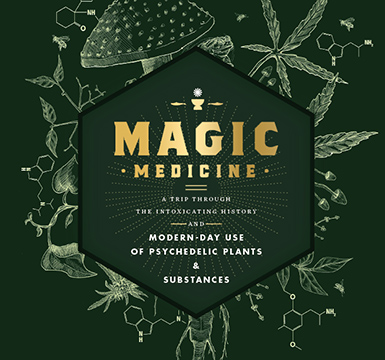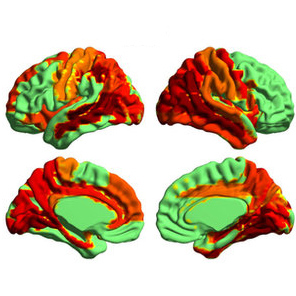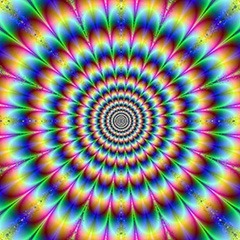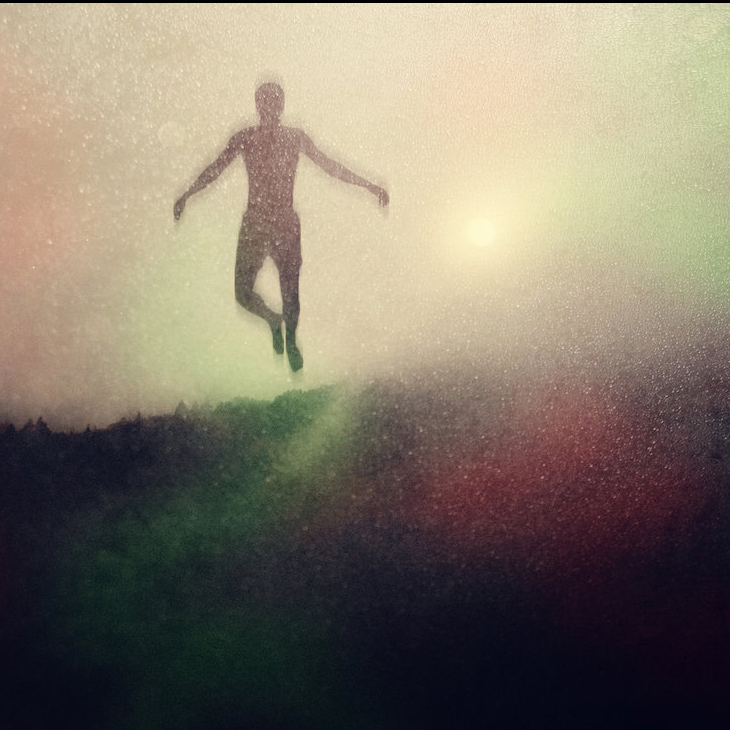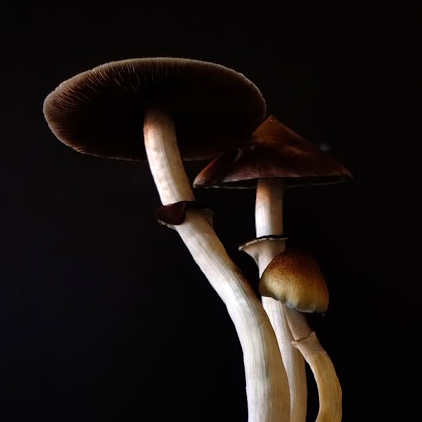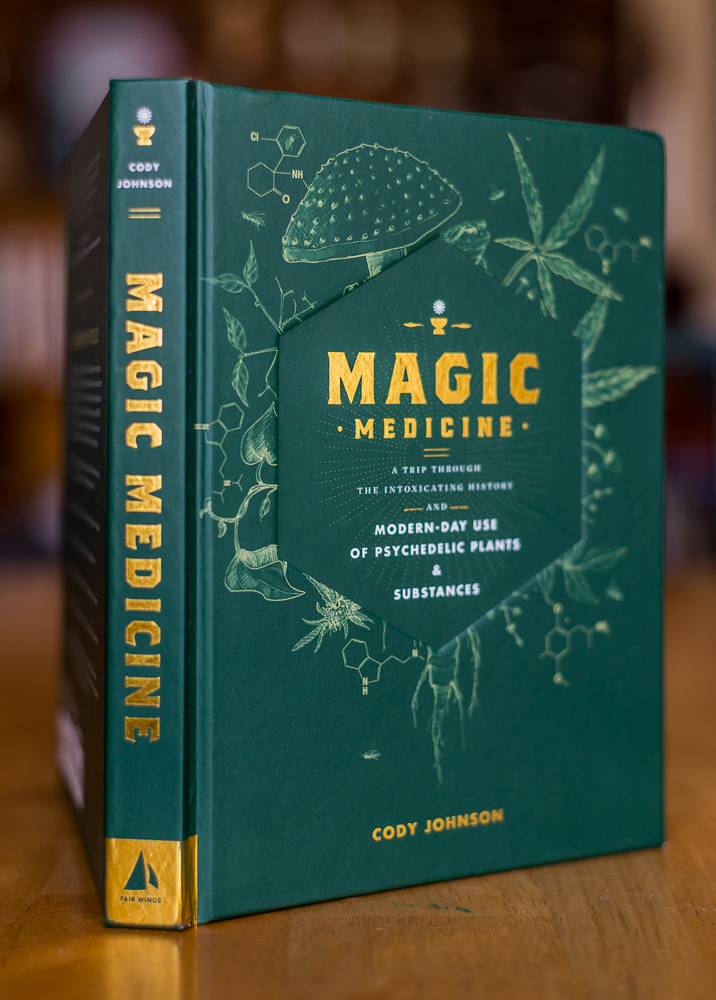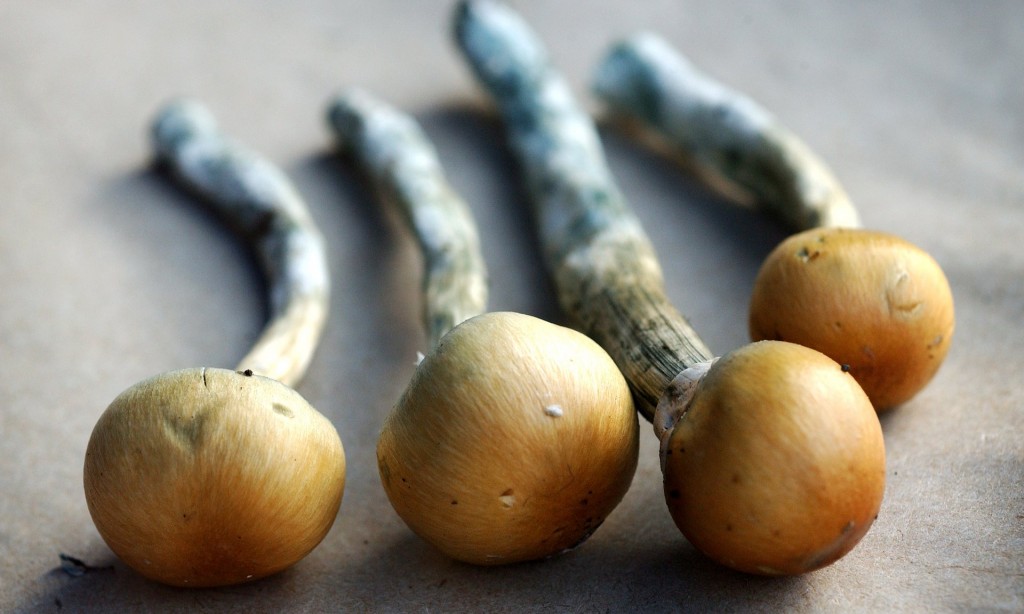
Among traditional cultures, psychedelic plants and fungi have long been viewed as spiritual medicines. Indeed, why partake of sacraments such as mushrooms, ayahuasca, or peyote cacti if not for their spiritual power? Yet in the West, where “spirituality” has long been conflated with religion — and where few sacraments aside from communion wafers and a bit of wine are acknowledged — these visionary plants have been viewed with suspicion.
That’s all changing. Among progressive scientists, psychedelics are now all the rage. Psilocybin, the active component of “magic” mushrooms, has shown promise in pilot studies for a wide range of applications, including quitting smoking and relieving anxiety among terminal cancer patients.
So in the midst of a “Psychedelic Renaissance,” it’s only fitting that researchers would turn their attention to the spiritual dimension of psychedelics. At Johns Hopkins University, 24 spiritual leaders — including Catholic priests, Protestant pastors, rabbis, and even a Zen Buddhist — are being dosed with psilocybin. Regrettably, noted researcher Dr. William Richards to The Guardian, the team has not been able to recruit any Hindu or Muslim religious leaders, but “just about all the other bases are covered.”
We took such an infinitesimal amount of psilocybin, and yet it connected me to infinity.
Science has already established that psilocybin can reliably induce mystical experiences. What the team hopes to learn is how religious people interpret such a powerful experience, and whether it alters or deepens their spiritual perspective in the long term.
Researchers are curious to discover to what extent the “mystical experience” is colored by the subject’s beliefs. When a Buddhist, a rabbi, and a priest experience the infinite, do they frame it in the very different ways? Is it a universal experience being interpreted through different lenses, or are the experiences fundamentally different in nature?
And, for those who have had spontaneous religious experiences in the past, does psilocybin recreate that sensation, or are they two discrete phenomena?
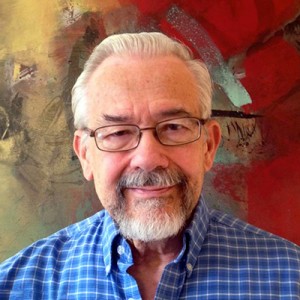
Dr. William Richards
More practically, scientists hope to learn how a transcendental experience might affect religious leaders’ attitudes in the long term. Will it reinvigorate their faith and commitment to their calling? Might it temper the more dogmatic aspects of religion, and tease out beliefs and morals that are truly universal? On psilocybin, explains Dr. Richards, people “get to levels of consciousness that seem universal. So a good rabbi can encounter the Buddha within him.”
The religious leaders will take psilocybin in two sessions, one month apart, in a comfortable home-like environment with two guides. The participants don eyeshades and headphones, lie down, and listen to religious music as the psilocybin takes hold. The session is open-ended in nature, with participants instructed only to “go within and collect experiences.”
Though it’s too soon to report results — the full study will not be published until a one-year follow-up session is complete — Dr. Richards indicates a promising start. “Generally,” he remarked, “people seem to be getting a deeper appreciation of their own religious heritage.”
Earlier Research
It’s not the first time researchers have given psychedelics to religious people. Early on in the heyday of psychedelic research, there was a landmark study now known as the “Good Friday experiment.”
On Good Friday of 1962, Harvard researchers gathered twenty volunteers from a local seminary school and led them to a sanctuary in the basement of a chapel. The day’s service was piped into the basement sanctuary so the students could follow along. Half of the theology students received psilocybin; the other half received a placebo with no psychoactive effects.
The results were astounding. Almost all of the students who had received psilocybin had profound religious experiences, characterized by a sense of unity, transcendence of time and space, and a powerful impression of sacredness. For many, it was a life-changing day, forever altering their understanding of God and spirituality.
In a follow-up study conducted 25 years later by Rick Doblin, the founder of the Multidisciplinary Association for Psychedelic Studies, all interviewees in the active dose group indicated the experience had impacted their lives in significant and positive ways. To the chagrin of psychedelic naysayers, it seemed there really was such a thing as “God in a pill.” One participant, who later became a reverend, summarized the experiment succinctly: “We took such an infinitesimal amount of psilocybin, and yet it connected me to infinity.”
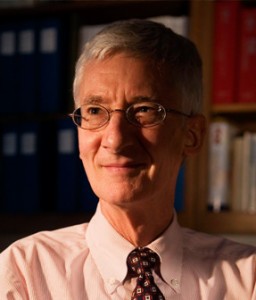
Lead investigator Dr. Roland Griffiths, who has been involved in psychedelic research since its infancy in the 1960s.
Psychedelic research lay dormant for many years in the wake of the 1960s. In 2006, a Johns Hopkins researcher named Dr. Roland Griffiths began to reverse that trend. Griffiths chose to revisit the same question that had motivated the Good Friday Experiment many years earlier: can psilocybin produce religious experiences?
The answer, once again, was a resounding yes. Griffiths found that not only did psilocybin reliably induce “mystical-type” experiences, but such experiences carried profound meaning that continued far beyond the original study’s duration. Over a year later, subjects ranked their experience on psilocybin as one of the most “personally meaningful and spiritually significant” events of their lives. In another study conducted by Dr. Griffiths five years later, volunteers reported a range of beneficial effects after psilocybin sessions, including lasting improvements to their attitude, mood, and behavior.
11 years after his landmark study, Dr. Griffiths is making another splash in psychedelic science — he is the lead researcher for the current study with religious leaders. Kudos to Dr. Griffiths, Dr. Richards, and the rest of the talented staff at Johns Hopkins for pursuing such important avenues of research in a less-than-hospitable political climate. We are all the richer for your efforts.
![]()
Sources:
Religious Leaders Get High on Magic Mushrooms for Science
Can Drug Trips Be Religious? Rabbis Take ‘Shrooms for Science
Liked this post? Subscribe to my RSS feed to get much more!

